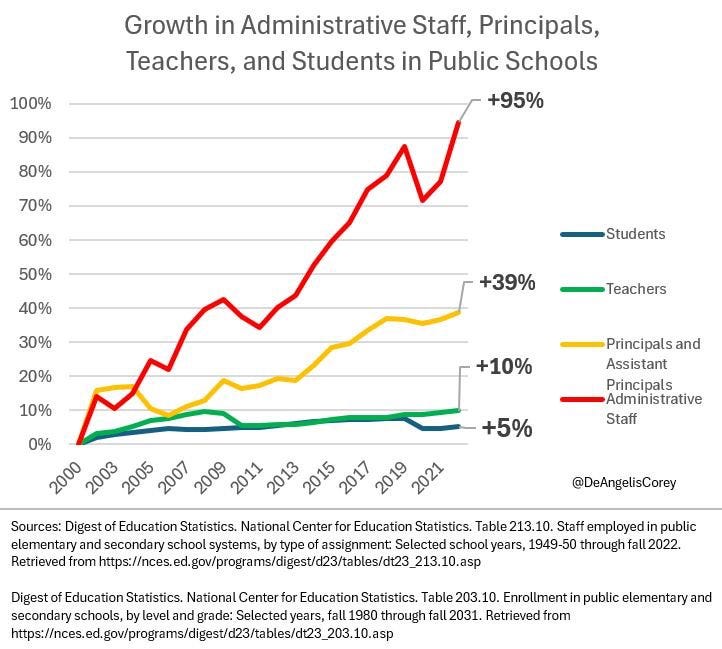American Constitutionality
A Persistent Vision
Today, the United States faces unprecedented challenges to its foundations. The federal government has sky high debt, sends hundreds of billions overseas, inflates our dollars, has trillion-dollar interest payments, promotes regulatory overload, enables a pentagon having failed trillions in budget audits since 2000, and greenlights military operations around the world without congressional oversight. They allow the Mexican drug cartels to extort billions off trafficking immigrants, to say nothing of their drug and sex trade. Homeland security is providing, transportation, housing, food, and medical care to all of them. They’ve lost contact with hundreds of thousands of children with no accountability. Government officials and party leaders calling to make voter ID illegal, publicly stating their intentions to override the first and second amendments regularly on television and in their official statements.
The obvious and overwhelming corruption of these administrative bureaucrats is destroying everything our grandparents and their grandparents toiled to create for our wellbeing. Our republic stands at another crossroads.
I’ve been thinking about a structure for reinvigorating our American republic through decentralized, scale-order based voting validation that returns power to the people. “The Orders of Magnitude”
Constitutional Candor
For some reason, political media discourse has centered on “threats to our democracy." Initially, figures like Donald Trump were cast as the primary dangers. Most everything was in better shape before covid. Now, an alarming number of people argue that the Constitution itself poses the greatest threat to democratic ideals.
This reflects a fundamental misunderstanding of the American system of government. As Benjamin Franklin famously stated during the Constitutional Convention of 1787, “we have a republic, if you can keep it." The distinction between a republic and a pure majority democracy is crucial and often overlooked in modern debates.
I am certain, the administrative welfare state is the primary structure eroding American prosperity. That a return to constitutional ideals is critical to the continued prosperity of America and the world more broadly.
The Founders' Wisdom
The Constitution's architects deliberately designed a system that modulates the passions of the masses while protecting individual liberties. Elements like the Electoral College and equal Senate representation for all states serve as bulwarks against the tyranny of the majority – a constant threat in pure democracies.
Ronald Reagan astutely observed that democracy is "less a system of government than it is a system to keep government limited, unobtrusive: a system of constraints on power to keep politics and government secondary to the important things in life."
Imagine 51% of people band together to vote themselves the 49% of people’s money, as a simplified example of what is currently going on. As Milton Friedman said: “We as citizens have been asking you as politicians to perform an impossible task: We’ve been asking you to spend someone else’s money on us, but not to spend our money on anybody else.”
The Administrative State: A Modern Threat
Today, Americans find their ambitions stymied by a labyrinth of agencies staffed by unelected bureaucrats. This "administrative state" represents what Glenn Ellmers calls the "nonconsensual rule of America's managerial class." It's a far cry from James Madison's vision of a federal government with powers that are "few and defined."
The constitution does not grant citizens’ rights, the constitution restricts the powers of government. If only the education system was still teaching civics, instead they are teaching racialism and transgression.
A More Defined Vision
To address these challenges and reinvigorate this American republic, I propose a stabilizing framework based on what I call "the orders of magnitude" representing the appropriate layers and levels of governance. This system draws inspiration from the Constitution's principles while leveraging modern technology to create a more decentralized, responsive republic structure.
The First Five Orders
First Order: The Individual
Each citizen has inalienable rights as enumerated in the Constitution.
Individuals have full autonomy over themselves.
Second Order: The Family (≤10 people)
Decisions that require consensus among all members.
Focuses on immediate shared resources and familial concerns.
Only requires voting is specific circumstances or to participate in higher order representative votes.
Third Order: Extended Community (10-100 people)
Governs local issues at the scale of people who have the same ratified constitution.
Requires broader consensus but maintains local focus.
Fourth Order: Broader Collective (100-1,000 people)
Addresses concerns for its scale like local infrastructure.
Potential for more complex mediation and consensus-building tools.
Fifth Order and so on: Larger Societal Structures (1,000+ people)
Deals with issues for its scale.
Intervenes only when necessary for cross-jurisdictional matters.
Blockchain-Powered Democratic Voting
To implement this system, I propose leveraging blockchain technology and zero-knowledge proofs. A mathematical structure for validating votes while maintaining privacy.
As an American citizen everyone would:
Personally ratify the U.S. Constitution to participate at that level of order.
Receive a unique cryptographic identifier tied to their constitutional ratification which would secure their vote.
Use this identifier to participate in voting and governance at various orders.
This system improves:
Transparent, verifiable voting processes, while maintaining voter privacy
Protection against fraud and manipulation
Decentralized validation of voter eligibility
Localization and Scaling
The core principle is to localize governance wherever possible. Higher orders only intervene when issues affect multiple lower orders or involve shared resources that cross jurisdictional boundaries.
Addressing Current Challenges
This new framework directly addresses many of the issues plaguing modern American democracy:
Administrative State: The order-based system reduces the power of centralized bureaucracies, returning authority to citizens and their immediate communities.
Electoral Integrity: Blockchain-based voting ensures transparency and reduces concerns about election fraud.
Constitutional Fidelity: By requiring personal ratification, citizens develop a stronger connection to constitutional principles.
Partisan Gridlock: Local focus and consensus-building at lower orders can help bridge ideological divides.
A Path Forward
The proposed scale-based system represents an avenue of hope to restore American republic values. It honors the wisdom of the Constitution while adapting to the challenges of the 21st century. By leveraging technology and emphasizing personal responsibility, we can create a more responsive, transparent, and mathematically verifiable system of governance.
This vision seeks to build up the Constitution’s foundational principles. It offers a way to "keep the republic" in the digital age, ensuring that the government remains of the people, by the people, and for the people.
As we face these challenges – from political polarization to the erosion of local autonomy, faith, and truth seeking – this framework provides a roadmap for maintaining the wisdom which brought about American renaissance. A vision that requires active citizenship, technological bulwark, and a renewed commitment to the ideals that have guided our nation since its inception.
The path forward is clear: by embracing decentralization, personal responsibility, and technological buttress, we can enable a system that is more resilient, responsive, and long lasting; true to the vision of our founders.
Next week I will aim to specify more of the functions and interface specifically.
Note: There are more specifics to this implementation, but there is a rudimentary software package I’ve built to see how difficult it will be to build such a system. Seems like most of the code groundwork exists, it’s just not built into the correct network of people and interface. Yet.
Ideally the constitution would be ratified by all 350+ million Americans, and that the existing property rights would be grandfathered and that land rights would form a basis for orders jurisdiction. I hope it wouldn’t take a book to explain, but a useable software with instructions would probably more effective than essays or white papers.
This voting governance wouldn’t be limited to America, theoretically anyone could write their own constitution and use it in their localized environments. Only consensus of large orders enables scaled governance authority. The challenge always seems to come from the regulatory, that is if a county or state adopted this and used it to facilitate their voting and governance structures. How would its legality/legitimacy be instantiated, I wonder. We might need an amendment to validate “We The People”




Very thoughtful proposal. I worry that we in the Western Empire have surrendered our agency to an immoral depraved ruling class that is presently fighting to retain and extend its control over us. We are in a new civil war being fought in the courts, in state and provincial legislatures, in the corporate media and by covert operations of rogue 3 letter agencies dedicated to preservation of the status quo and protection of the ruling class. How do we defeat these insidious forces? How do we eradicate these malevolent and depraved elements from our public institutions?